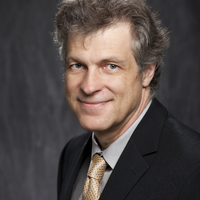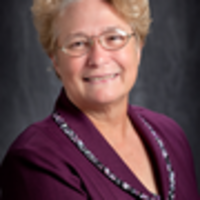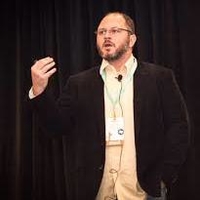Date: Monday, November 12, 2018 Time: 8:30am - 5:00pm Location: Kay Bailey Hutchison Convention Center, Dallas, TX Registration: Registration
Science Gateways provide web-based methods of accessing collection of applications, data services, and tools that enable domain scientists who are not familiar with computers to make use of computational science. Agave provides a collection of these data services and tools in a form that can easily wrap around existing, traditional applications and HPC systems and transform them into a usable gateway.
In addition, over the last four years, the popularity of container technologies such as Docker, Singularity, and Shifter resulted in their adoption within traditional HPC data centers. While not yet the dominant workload within many of the major centers, the portability of containerized applications has led to an explosion in the availability of bespoke and custom built codes alike.
This containerized approach to computational science has enabled contributions by hundreds of new developers by bringing scalable, heterogeneous HPC to the web. It has empowered existing command line users by allowing them to commoditize their existing codes and pipelines as reproducible building blocks, and it has lowered the barrier to HPC for thousands more end users by giving them flexibility in how they interact with science and computation. This tutorial introduces these concepts to a new audience.
| Time | Presenter | Topic |
|---|---|---|
| 40 min | Presenter | Introductions and [Overview](https://docs.google.com/presentation/d/1cKXnmUFuGULlSMWsixtitLywcuD9pY7pWaqwdG2FjnI) |
| 10 min | Presenter | Jupyter, Sanbox, and Logging In |
| 20 min | Presenter | Good Enough Practices for Scientific Computing |
| 30 min | Presenter | Code, Build, and Test |
| 20 min | Presenter | Practicing Good Enough Data, Collaboration, and Organization Practices |
| 30 min | Presenter | Hands on with Agave |
| 40 min | Presenter | Docker and Singularity |
| 20 min | Presenter | Practicing Good Enough Software and Change Management Practices |
| 40 min | Presenter | Automation and Benchmarking |
| 20 min | Presenter | Practicing Good Enough Automation & Replication Practices |
| 40 min | Presenter | Packaging, Publishing, and Portability |
| 20 min | Presenter | Practicing Good Enough Publication and Preservation Practices |
| 20 min | Presenter | Practicing Best Practices at Home |
| 10 min | Presenter | Conclusion/Wrap-Up |
Steven Brandt
Louisiana State University
Kathy Traxler
Louisiana State University
John Fonner
Texas Advanced Computing Center
Rion Dooley
Texas Advanced Computing Center
This material is based upon work supported by the National Science Foundation Plant Cyberinfrastructure Program (DBI-0735191), the National Science Foundation Plant Genome Research Program (IOS-1237931 and IOS-1237931), the National Science Foundation Division of Biological Infrastructure (DBI-1262414), the National Science Foundation Division of Advanced CyberInfrastructure (1127210), the National Science Foundation Computing and Communication Foundations (1539567), and the National Institute of Allergy and Infectious Diseases (1R01A1097403).
Special thanks go out to Shuai Yuan for his help on the Jupyter GUI notebook.



